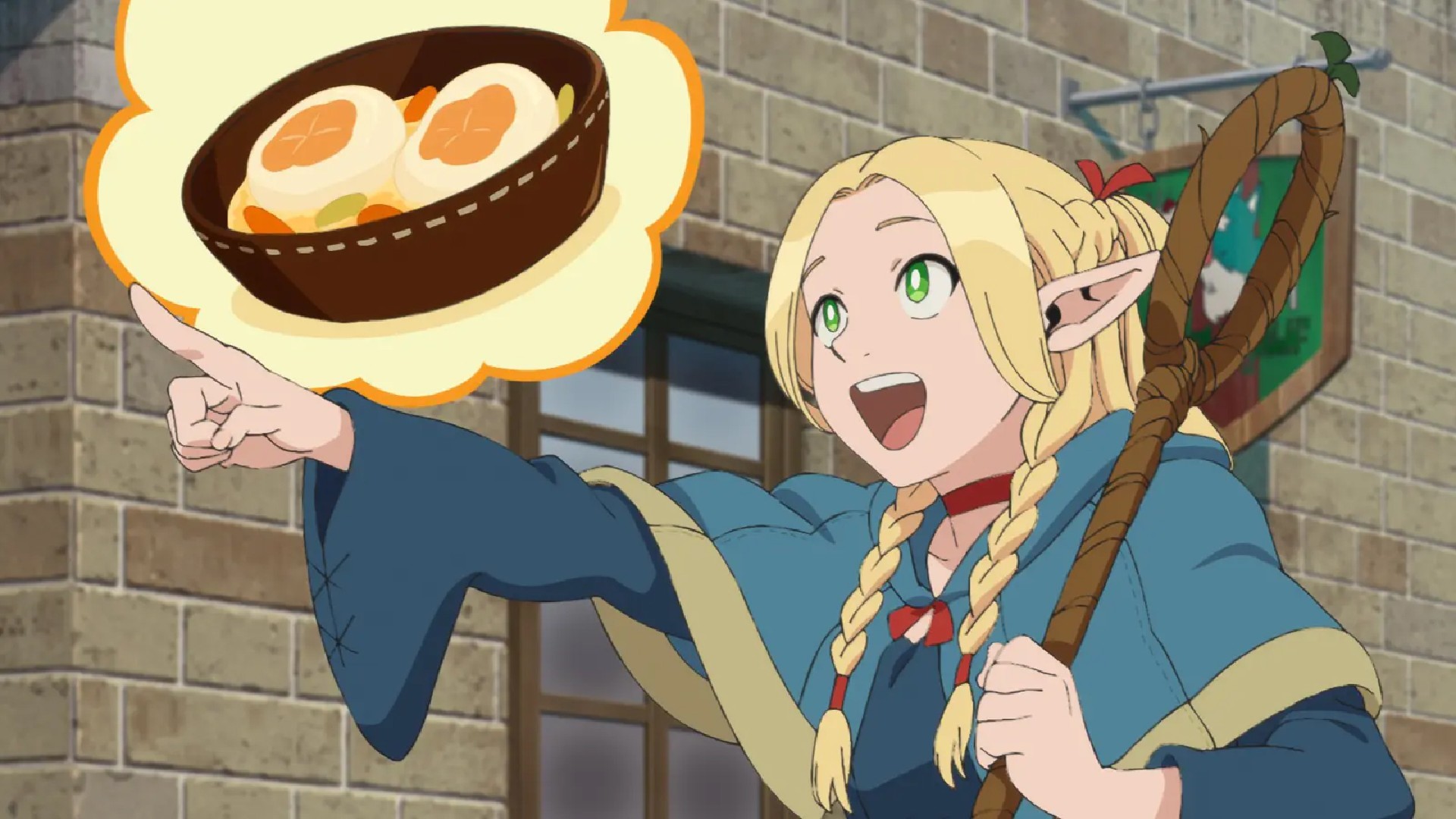Shuro is as Japanese as a character can get.
Summary:
- Humor and irony are two of the strongest parts of Delicious in Dungeon.
- Shuro is a very stereotypical Japanese character.
- The series makes fun of his behavior.
Delicious in Dungeon (Dungeon Meshi) is getting more intense with each episode, but the series manages to keep its hilarious vibe even if blood-thirsty Falin with wings and the Red Dragon's tail is on the screen, trying to kill all the other characters.
Humor is indeed one of the strongest parts of Delicious in Dungeon. It's not just there to make you go "haha," it's also there as part of worldbuilding and exploring various ideas.
Shuro Combines Every Stereotype About Japanese People
Shuro is a rather new character in the anime, he hasn't been around for long yet, but fans have already noticed a very interesting detail about him: he feels like an irony and even a criticism of Japanese society.
Not to go full "stereotypic mindset" on you, but when Western people think about Japanese, the first adjectives that come to their minds are "polite," "reserved," and "hardworking."
There's a certain idea that the Japanese people don't like to talk out loud about their feelings and emotions and prefer to keep things to themselves.
And Shuro is the epitome of this stereotype. His relationship with the Touden siblings portrays it in the best possible way.
Series of Misunderstandings
(2).jpg)
Laios always thought of Shuro as his dear friend. He tried to join him and be around him, he enjoyed his company, he was trying to be friendly. But Shuro didn't see it that way. In Episode 17, he admits that he always hated Laios and found him annoying.
It feels natural for Shuro that Laios should've understood his feelings and just left him alone. Shuro didn't want to say anything out loud, but hoped that his cold behavior would tell Laios everything he needs to know instead of him.
His situation with Falin is a bit different, but it's of the same nature. Shuro never told Falin how mesmerized he was with her. He loved the woman silently and kept his emotions to himself. And then, out of nowhere, he proposed.
Even other characters comment on this, calling the entire situation weird and creepy, but Shuro doesn't see it. Fans think Shuro communicates with others in a very typical Japanese way that doesn't make his feelings clear.
It might not be the criticism of this Japanese trait, but fans are confident: Ryoko Kui was trying to say something about Japanese culture when she created Shuro. Perhaps she just wanted to make fun of all the stereotypes and show that Japanese people are well aware of what others think about them.

